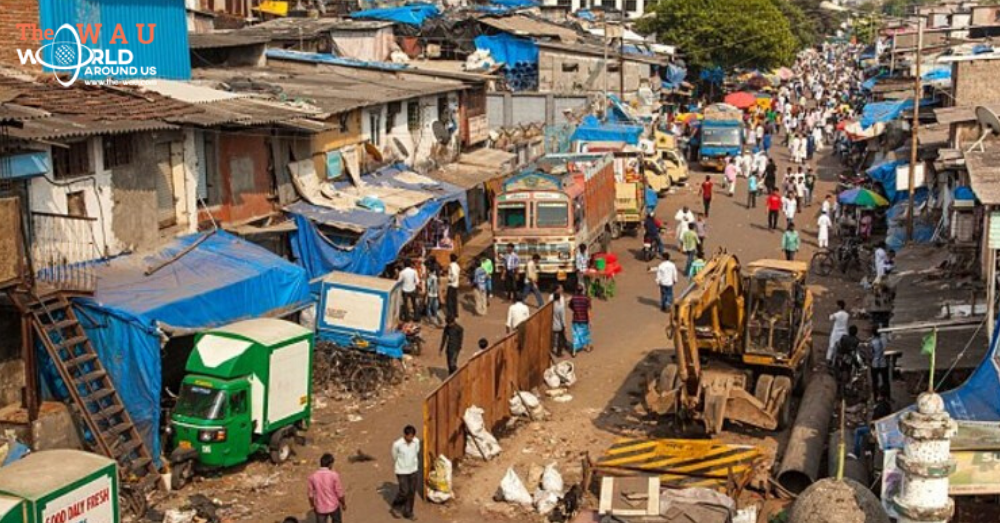One of Asia's biggest slums has confirmed its first coronavirus death as top Indian doctors warn that the country must prepare to face an "onslaught" of cases that could cripple the health system to levels far beyond what Europe and the United States are experiencing.
A 56-year-old man died due to Covid-19-related illness in Dharavi slum, in the Indian financial capital of Mumbai on Wednesday.
The patient, who had no travel history, died hours just after testing positive for coronavirus while being transferred to a local hospital, Kiran Dighavkar, an official with Mumbai's Brihanmumbai Municipal Corporation (BMC) told.
Several of the man's family members have been tested and placed under home quarantine, and the block of 300 homes and 90 shops that make up his densely packed neighborhood have been sealed off to prevent further infections.
On Thursday, a 52-year-old sweeper who works for the BMC in Dharavi also tested positive for coronavirus.
Home to around 1 million people, Dharavi slum has a population density almost 30 times greater than New York -- about 280,000 people per square kilometer.
Doctors say the situation would be unmanageable if a sustained coronavirus outbreak spread rapidly through one of India's many slums, where there is little sanitation or running water and thousands of people live cheek by jowl -- making social distancing physically and economically impossible.
This is the second coronavirus-related death reported in Mumbai's slums since the outbreak began, BMC officials confirmed with CNN. A 63-year-old man who tested positive for the virus on Tuesday was a resident of Malvani slum area and passed away later that evening.
Dr. Naresh Trehan, chairman and managing director of the Medanta-the Medicity hospital in Gurugram, near New Delhi, said it was vital that authorities know whether a slum has an outbreak.
"Once we know that one slum has got it, and we lock it down, and we feed everybody and we keep them isolated for the next two weeks, we keep them well fed, it will work its way out. We will know the critical ones, and the ones who are mild, they can be quarantined at home, and the population at large can be monitored," Trehan said.
It comes as cases in India nearly doubled in four days, with many of the new infections linked to a religious gathering in the capital New Delhi. India has identified 154 attendees from the Tableegi Jamat gathering who have tested positive cases across the country, said Luv Agarwal, senior official with the Ministry of Health and Family Welfare.
India reported more than 230 new cases on Friday -- bringing the national total to 2,547 and 62 deaths.
Doctors in the country told CNN that India needed to prepare for a large-scale community transmission and it was essential that the public abide by the 21-day national lockdown that was imposed by Prime Minister Narendra Modi last week.
"We are already seeing evidence of it (community transmission). How widespread it is, we don't know," said Trehan.
"My fear is, is that no matter how much preparation we do, if it peaks, we will not have even a fraction of what we need, by way of beds, by way of ventilators, by way of PPEs (personal protective gear), everything."
A laborer rests on the outskirts of Prayagraj en route to his village. With India's rail network temporarily shut, many had no choice but to try walking hundreds of miles home.
Share This Post















